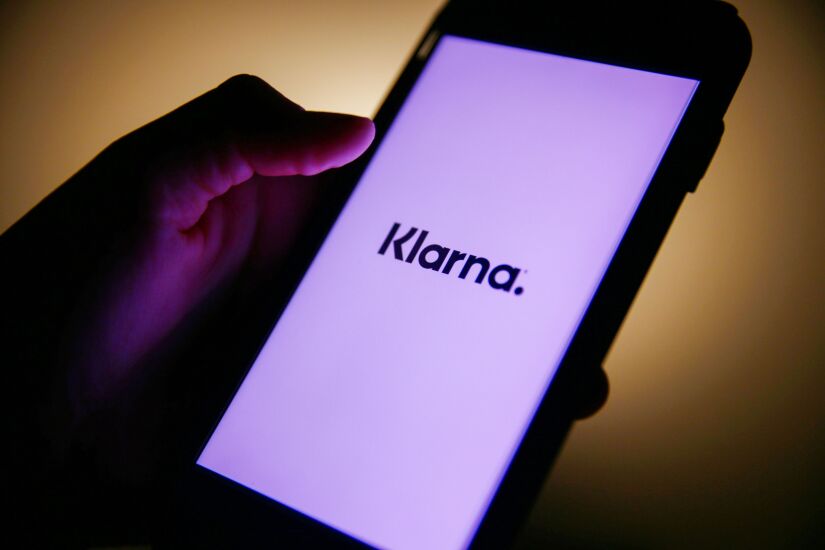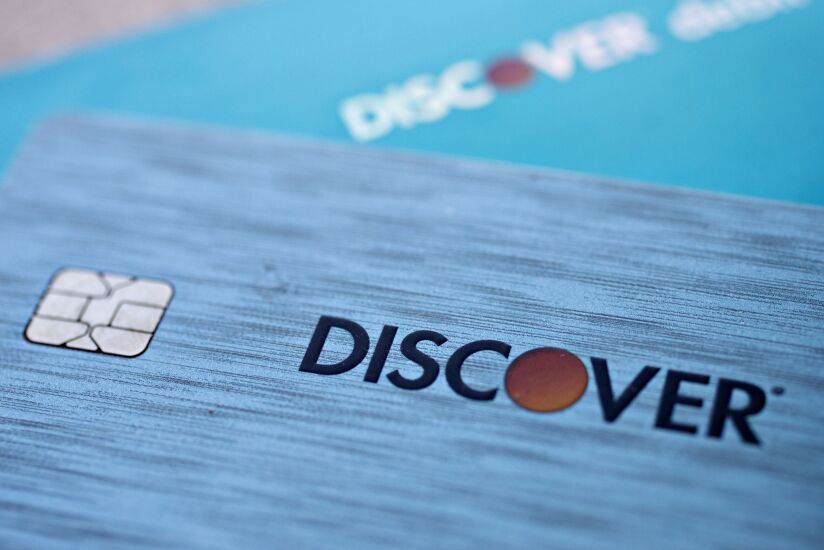The Swedish financial institution argues over potential regulations that treat buy now/pay later lending like credit cards in the U.S; Discover seeks the next hot market for real-time payments; and more.
Here's what's happening around the world.









The Federal Deposit Insurance Corp. issued a proposal setting application criteria for banks to issue stablecoins and sets a strict timeline under which banks may have their applications reviewed. The agency also reduced deposit insurance assessments for banks and slashed its 2026 proposed budget at a board meeting Tuesday morning.
These are the executives, regulators, investors, disruptors and firebrands who will have the biggest impact on bankers in the coming year.
A new report from the Basel, Switzerland-based Financial Stability Board found that nonbank financial institutions grew considerably faster than banks in 2024 and now control more than half of the world's financial assets.
GBank will serve as the bank partner for a cashless slot machine betting app that is looking to expand nationwide after getting a key regulatory approval in Nevada.
The payments company submitted applications to the Utah Department of Financial Institutions and the Federal Deposit Insurance Corp. to create PayPal Bank. If approved, Mara McNeill, the former president and CEO of Toyota Financial Savings Bank, will serve as PayPal Bank's president.
The small Missouri community bank partnered with embedded banking provider Treasury Prime to connect with fintechs and signed on its first sponsoree earlier this year.